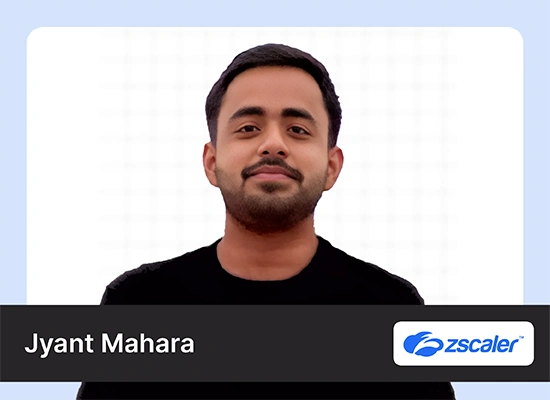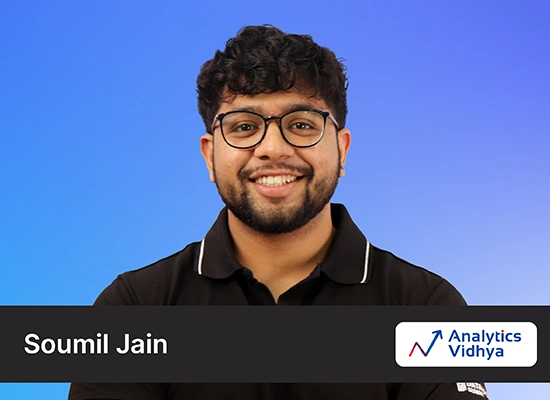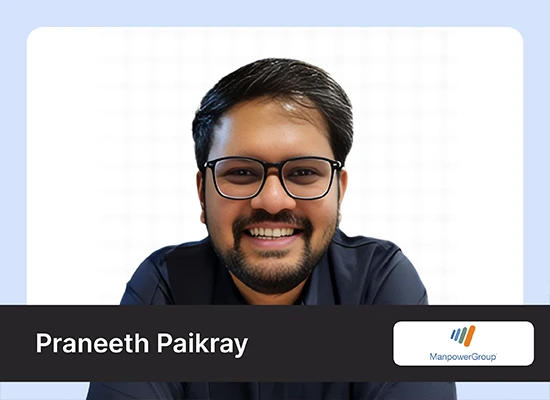Introduction
We believe, learning should never stop. This plan is for people with basic knowledge of machine learning or deep learning. You can advance your learning this year using this plan.
Depending on your skills and learning agenda for the year, you can choose the area you to learn. The plan starts with various skill assessment and makes sure that you are on top of data science domain by end of the year. The plan contains both theoretical as well practical examples. We have also provided you with resources / tests to apply your learning and benchmark yourself.
This learning plan should provide a structured path to anyone who wants to learn advanced concepts of machine learning, deep learning and data science. To download the learning plan click here.

Kunal Jain is the Founder and CEO of Analytics Vidhya, one of the world's leading communities of Al professionals. With over 17 years of experience in the field, Kunal has been instrumental in shaping the global Al landscape. His expertise spans diverse markets, from developed economies like the UK to emerging ones like India, where he has successfully led and delivered complex data-driven solutions. As a recognized thought leader, Kunal has empowered countless individuals to realize their Al ambitions through his visionary approach to Al education and community building. Before founding Analytics Vidhya, Kunal earned both his undergraduate and postgraduate degrees from IIT Bombay and held key roles at Capital One and Aviva Life Insurance across multiple geographies. His passion lies at the intersection of analytics, Al, and fostering a thriving community of data science professionals.







Hi Kunal, I am currently trying to make a transition into data analytics. I have been advised to start off with Business Analytics involving SAS, R, Excel, Tableau, etc... along with Statistics with basic machine learning and I intend to eventually include Python, Advanced Machine Learning, Big Data, Hadoop, etc... and make the transition to a data scientist. Kindly advise if I have the right approach. Business Analytics -- > Data Scientist
Hey! Thanks a lot for the useful information. Really helps!! I wanted to ask : is there a specific reason for specifying flask framework particularly ?
nice guide. thank you very much